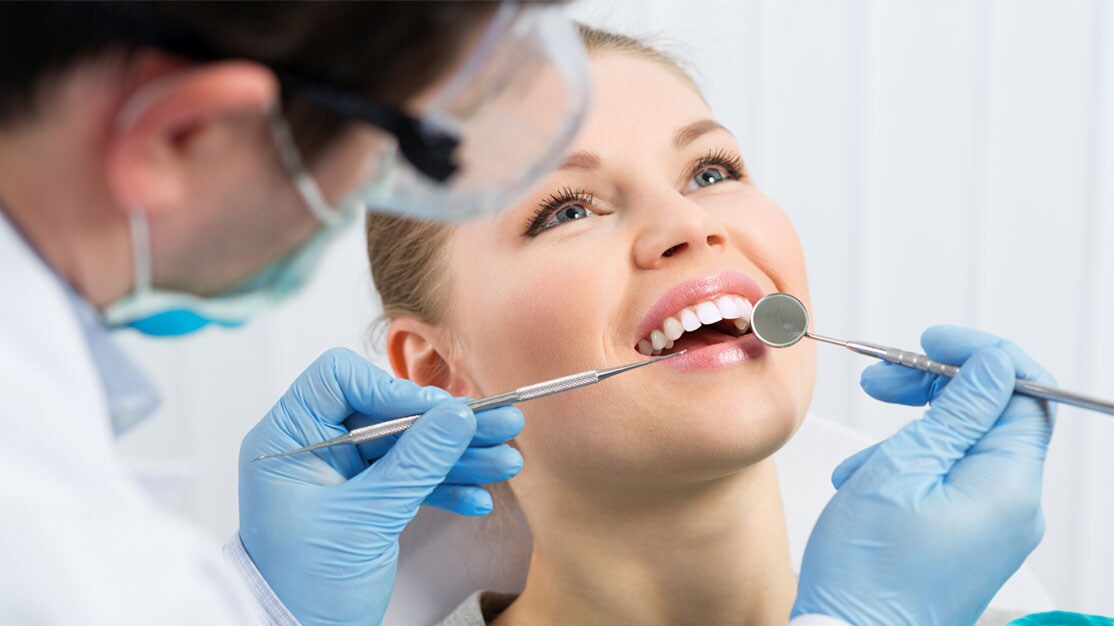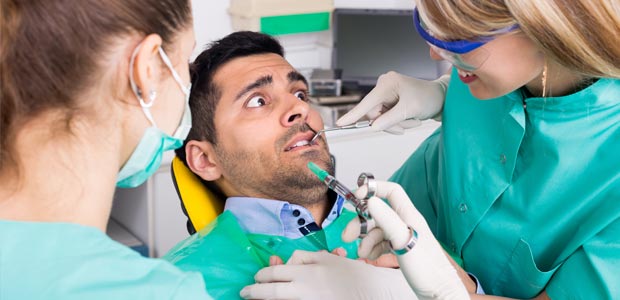Dental Emergencies: How to Handle Them Like a Pro
When it comes to dental emergencies, knowing what to do can make all the difference between saving a tooth and facing long-term consequences. From sudden toothaches to knocked-out teeth, being prepared and acting swiftly is key to a successful outcome. Let’s explore the essential first aid steps for common dental emergencies.
Immediate Action for Toothaches
Toothaches can strike suddenly and be incredibly painful. If you or someone you know experiences a severe toothache, start by rinsing the mouth with warm water to clean the area. Floss gently to remove any food particles that may be causing discomfort. Over-the-counter pain relievers can help alleviate the pain temporarily until you can see a dentist for further evaluation and treatment.
Handling a Knocked-Out Tooth
A knocked-out tooth can be a frightening experience, but quick action can increase the chances of saving the tooth. If possible, locate the tooth and handle it by the crown (the top part), avoiding touching the root. Rinse the tooth gently with water if it’s dirty, but do not scrub or remove any tissue fragments. Try to reinsert the tooth into its socket, holding it in place by gently biting down on a clean piece of cloth. If reinsertion isn’t possible, store the tooth in a container of milk or saliva and seek immediate dental attention.
Dealing with a Broken or Chipped Tooth
A broken or chipped tooth can result from accidents or trauma. Rinse the mouth with warm water to clean the area, and apply a cold compress to reduce swelling. If there is bleeding, apply gentle pressure with a clean gauze or cloth until it stops. Save any broken tooth fragments if possible, as they may be reattached by a dentist. Contact your dentist as soon as possible to schedule an appointment for repair.
Managing Dental Abscesses
Dental abscesses are infections that occur around the root of a tooth or in the space between the teeth and gums. Symptoms may include severe pain, swelling, fever, and pus drainage. If you suspect a dental abscess, seek immediate dental care. In the meantime, rinse your mouth with warm salt water to help reduce pain and draw out the infection. Over-the-counter pain relievers can also provide temporary relief until you can see a dentist.
What to Do for Soft Tissue Injuries
Soft tissue injuries, such as cuts, tears, or puncture wounds to the lips, cheeks, tongue, or gums, can be painful and may require immediate attention. Rinse the mouth with warm salt water to clean the area and apply gentle pressure with a clean gauze or cloth to stop any bleeding. If the bleeding persists or the injury is severe, seek medical attention promptly.
Additional Tips for Dental Emergency Preparedness
In addition to knowing how to handle specific dental emergencies, it’s also important to be prepared for unexpected situations. Here are some additional tips to help you stay prepared:
Maintain Good Oral Hygiene
Prevention is always better than cure. By maintaining good oral hygiene practices, such as brushing and flossing regularly and attending routine dental check-ups, you can reduce your risk of dental emergencies. Good oral health also supports faster healing in case of injuries or infections.
Have an Emergency Dental Kit
Keep a small emergency dental kit at home, in your car, or in your bag for quick access during emergencies. Include items such as sterile gauze, a small container with a lid (for storing knocked-out teeth or tooth fragments), over-the-counter pain relievers, and a small bottle of warm salt water for rinsing.
Know Your Dentist’s Contact Information
Make sure you have your dentist’s contact information saved in your phone and readily available. In case of an emergency, you’ll want to be able to reach your dentist quickly for advice or to schedule an emergency appointment.
Stay Calm and Reassure Others
In the event of a dental emergency, it’s important to stay calm and reassure others who may be involved. Panicking can escalate the situation and make it more difficult to assess and address the problem effectively. Take deep breaths, assess the situation calmly, and take appropriate action.
Consider Dental First Aid Training
Consider taking a dental first aid course to learn essential skills for handling dental emergencies. These courses cover topics such as basic tooth anatomy, how to handle common dental injuries, and techniques for providing immediate care until professional help is available.
Dental emergencies can be stressful, but knowing how to respond can help alleviate anxiety and improve outcomes. By taking swift action and seeking professional care when needed, you can ensure the best possible outcome for your dental health. Remember to stay calm, assess the situation, and don’t hesitate to contact your dentist or seek medical assistance in case of an emergency. Being prepared and knowing what to do can make all the difference when faced with a dental emergency.




